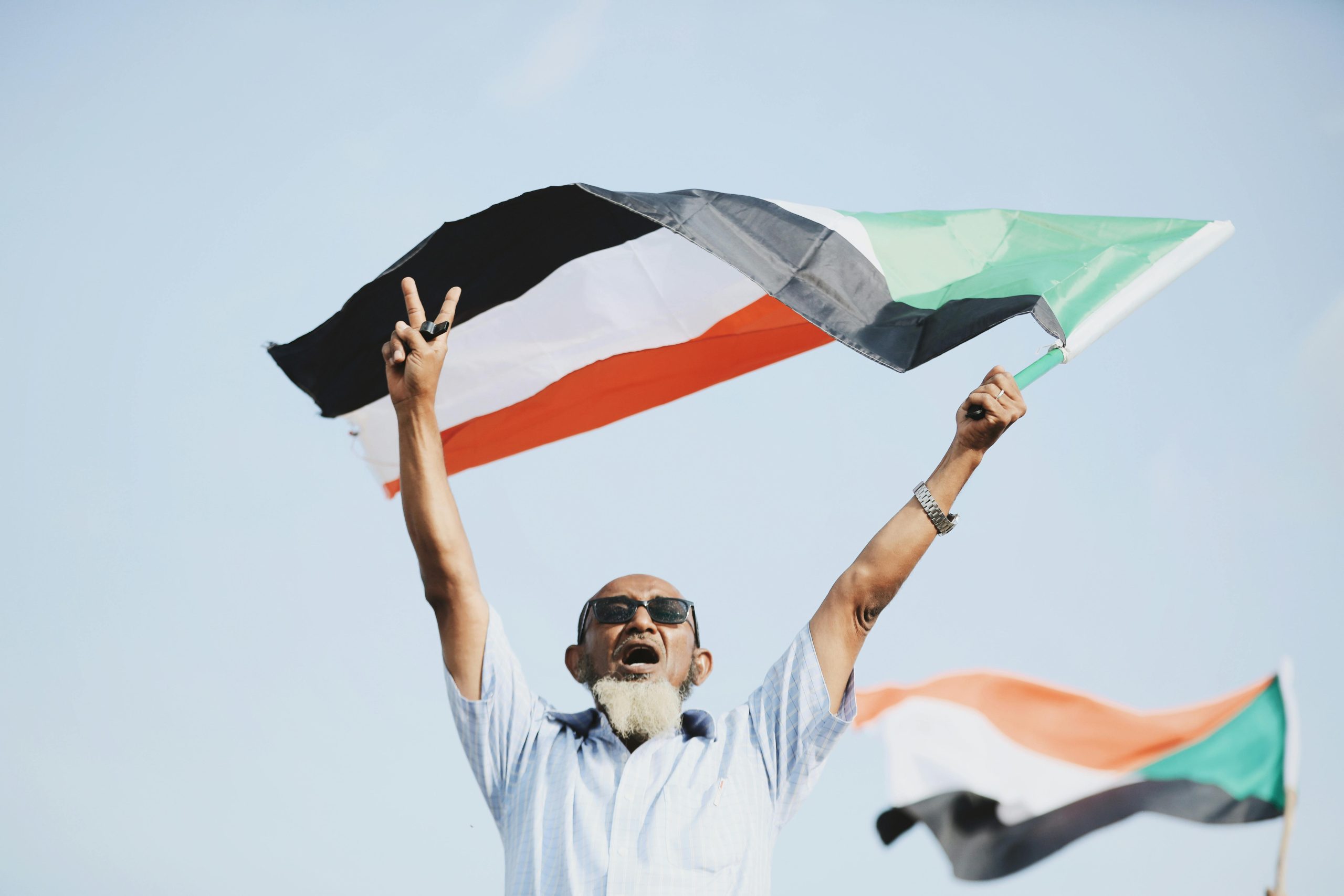In 2019, the Sudanese Armed Forces led by General Ahmed Awad Ibn Auf (now under the command of General Abdel Fattah al-Burhan), and the Rapid Support Forces (RSF), led by Mohamed Hamdan Dagalo, coordinated a coup d’etat to remove long-time head of state Omar al-Bashir.
Since the coup d’etat that led to the transition of power to the Sudanese Armed Forces (SAF) under General Fattah al-Burhan, Sudan’s humanitarian situation has deteriorated significantly into what is now the world’s largest humanitarian crisis in terms of forced displacement and devastating records of famine.
In April 2023, the same forces that coordinated a coup d’etat four years prior, the RSF and the SAF, entered into a brutal conflict that has passed the two-year mark without a sustainable peace plan enforced. The SAF is loosely recognized as the official government in Sudan, while the RSF fights for control in several strategic states in the country. North Darfur’s capital city, al-Fasher, has been the target of a total siege by the RSF for more than a year. Of the approximately two million people in North Darfur, the majority has been displaced to al-Fasher, and are now at risk of starvation, disease, and death. As families resort to eating ambaz, a type of animal fodder made from peanut shells, malnourishment and damaged sanitation infrastructure are perpetuating a cholera outbreak that has reached more than 4,000 cases in the region.
60 percent of Sudan’s population, more than 30 million people, are in dire need of humanitarian aid. Millions of children are suffering from severe acute malnutrition, and unless aid enters al-Fasher and other densely populated areas in Sudan immediately, the risk of mass child mortality looms closer each day.
Although the humanitarian crisis in Sudan has been worsening for more than two years, the international community remains largely silent regarding the massive scale of death and destruction as other humanitarian crises of equal gravity–such as the genocide of Palestinians in Gaza–spark international outrage.
According to a handful of surveys conducted by YouGov, only six percent of Americans felt that they had an adequate understanding of the humanitarian crisis in Sudan, while more than 30 percent felt they had an adequate understanding of the wars in Gaza or Ukraine. Similar trends were found in surveys conducted in the United Kingdom. The United Nations Office for Coordination of Human Affairs Relief Chief Martin Griffiths stressed the difficulty his organization faces in garnering global attention towards Sudan.
Sudanese journalist Areig Elhag from Genocide Watch stated, “it has become a sharp reflection of the absence of international will when it comes to crises in African or developing countries.”
The absence of international will regarding the deteriorating humanitarian situation in Sudan is reflected in Sudan’s scarce appearance in global news coverage. Statistics of the humanitarian suffering in Sudan are often estimated, and the true scale of suffering is likely much greater than what reports have indicated.
In a 2024 press conference, Chief Martin Griffiths of United Nations Office for the Coordination of Humanitarian Affairs (OCHA) stated that the only sustainable solution to crisis in Sudan is peace. While, OCHA’s operations and advocacy director, Eden Wosomu urges news outlets, governments, and UN agencies to keep pursing the passage of humanitarian aid to cities such as al-Fasher, while supporting local NGOs who are struggling to meet the growing needs of those who have been forcibly displaced under siege for more than a year.


